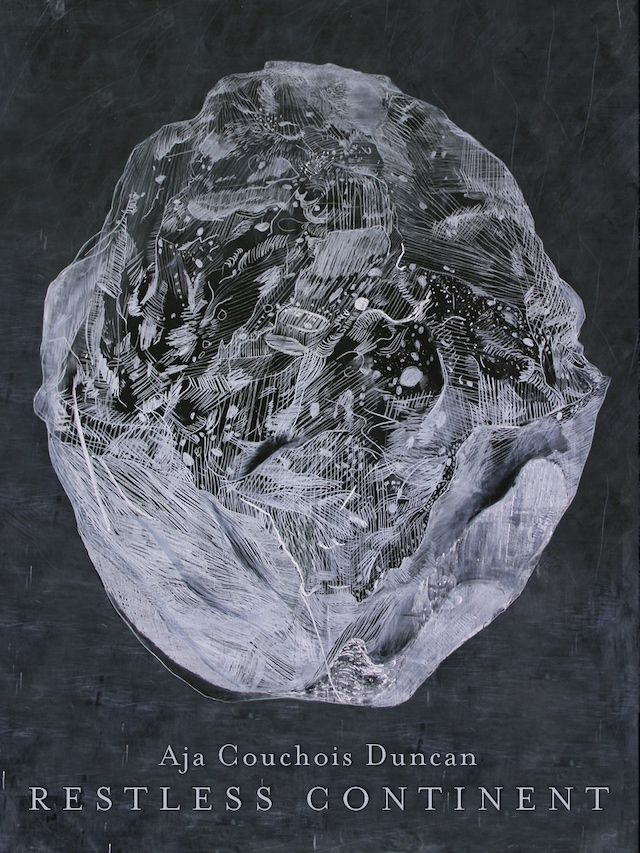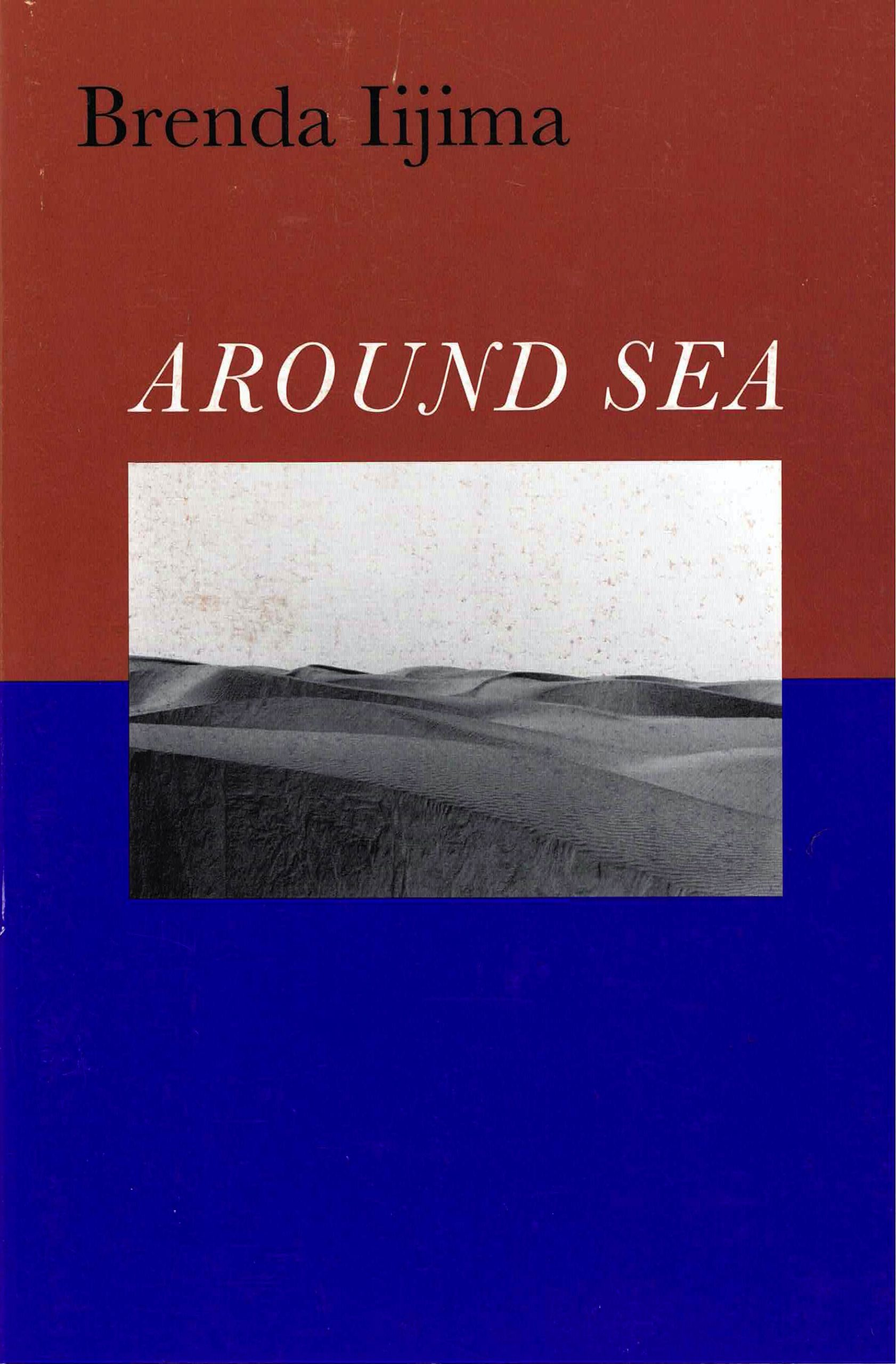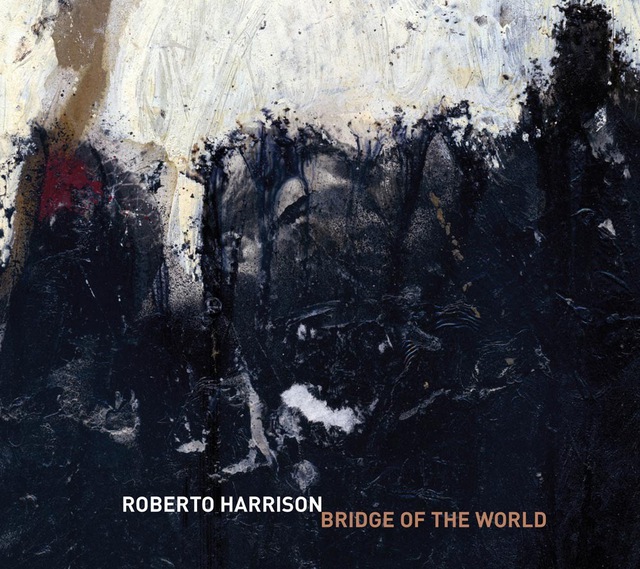Vestigial (from the Latin vestigium, meaning “footprint”) tracks a poetic narrative across multiple chronologies and scales—from the personal to the geologic. Following her debut collection Restless Continent (Litmus Press, 2016), Aja Couchois Duncan continues to investigate ecology and heritage as a story of entangled becoming, synchronizing movements of deep time with the transient substance of touch.
As Duncan writes:
In Vestigial, I am exploring evolution, biomedicine, gender, lust, climate change and loneliness through characters that inhabit multiple places in time. In this way, I am seeking to thread past, present and alternative futures in an effort to understand our current circumstances and envision their likely consequences. The book plumbs multiple disciplines and wisdoms, including geology, astronomy, archeology, ancestry, plant and animal wisdom. Through this grounding of the simultaneity of experience and our multitudinous perspectives, I am attempting to create a more authentic and indigenous narrative about aki, earth, and all of her inhabitants.
Aja Couchois Duncan
Praise for Vestigial
It all begins with atoms and lightning and moves through the beadwork of a spine, the poem of existence. Aja Couchois Duncan turns her loving scalpel eye to the stuff of the world, the real biography—the singular chorus of thingness. Duncan’s muscular writing glows through the skin in Vestigial. I read it and felt changed.
— Kim Shuck
7th Poet Laureate of San Francisco Emerita
Author of Deer Trails
Vestigial is a flesh epic braiding time and bodies. Poet and librettist Aja Couchois Duncan writes, “The story of evolution is a love story” and, here, the land, water, and air function as organs in her lovers’ mercurial anatomies. Duncan renders her characters in a language binding them to a natural world, such that science and myth become twinned. The result is a poetry of precise resistance to worldviews that insist on cleaving the human from the environment. At scales simultaneously intimate and monumental, the poet resists the figurative to orchestrate eros, violence, and corporeal transformation. “In the epigenetic drift, she is alternating between ancestry and an impossible future tense,” Duncan says of the Vestigial’s odaanisan. She could very well be saying that of her own visionary poetics.
— Douglas Kearney





Any literature where geological time must be conceived of within language, narrative, and human comprehension can be difficult to write convincingly… Duncan… avoids the premise of chronological time altogether by presenting evolution as a love story and a feast.
— Megan Fernandes, Harriet Books (The Poetry Foundation)